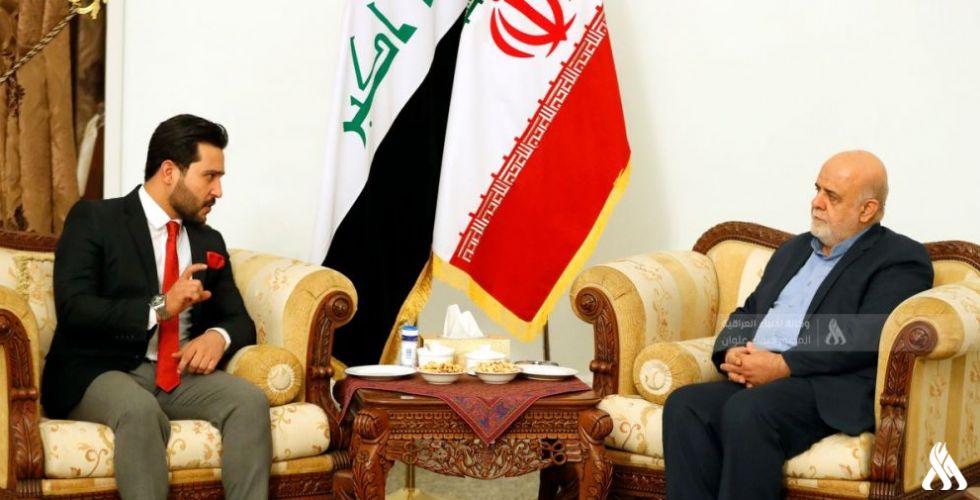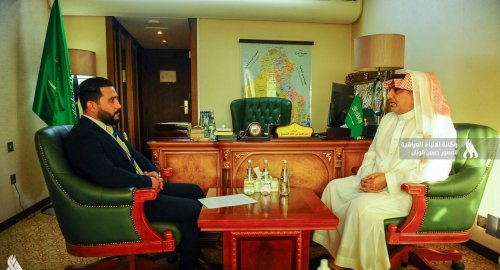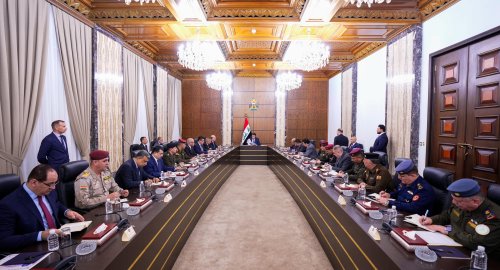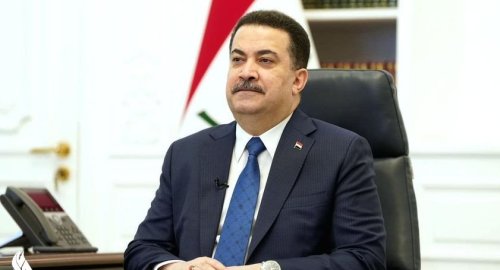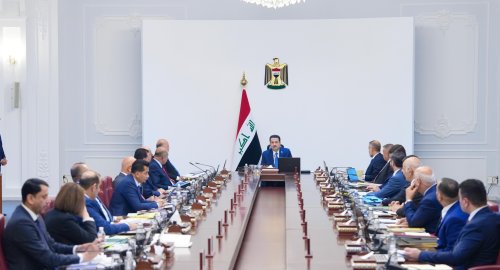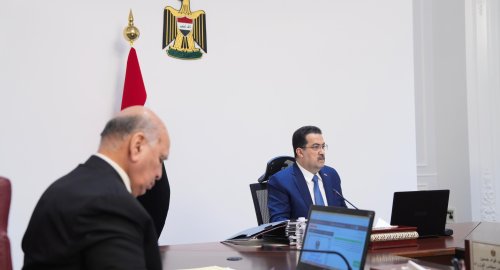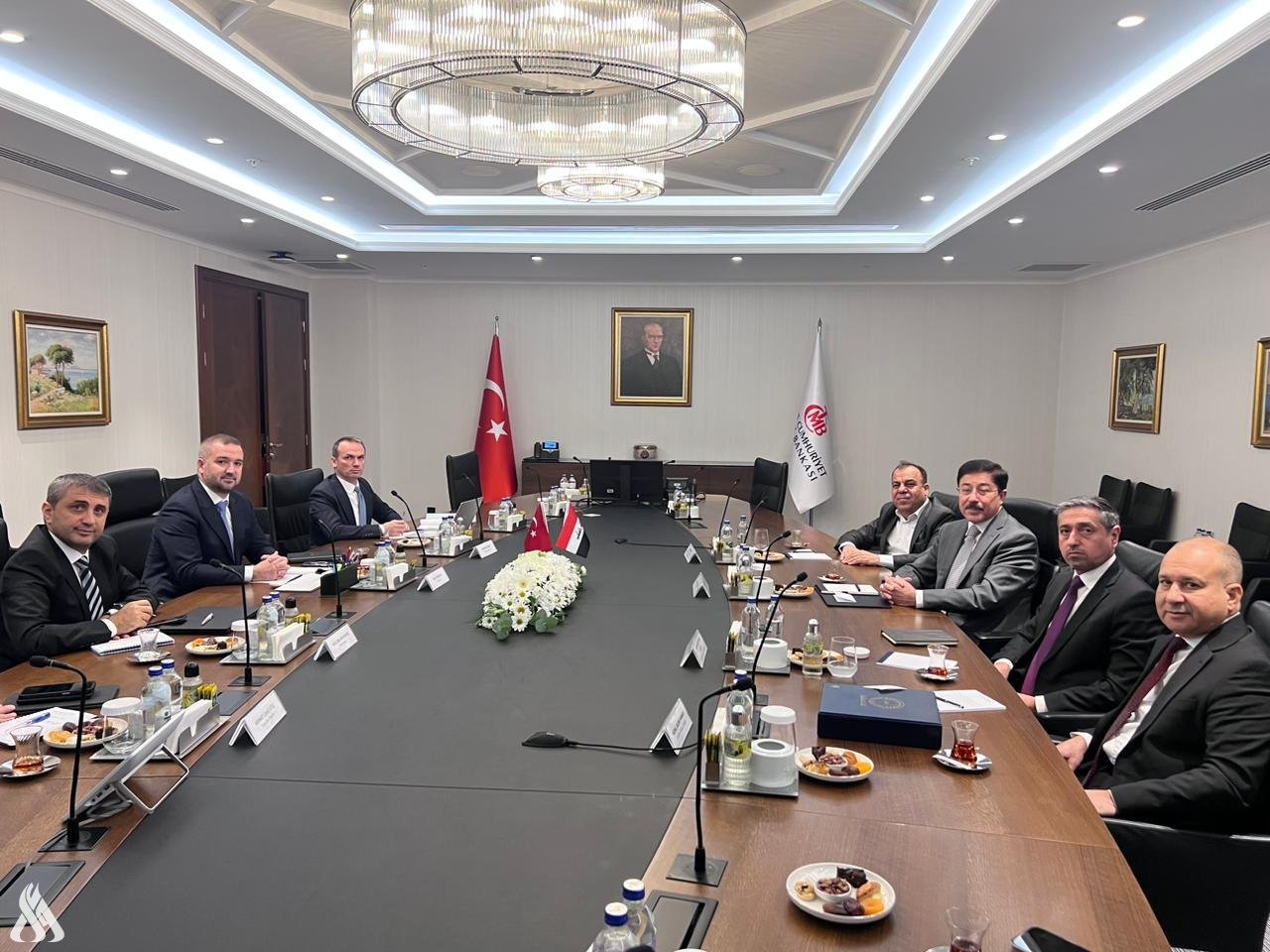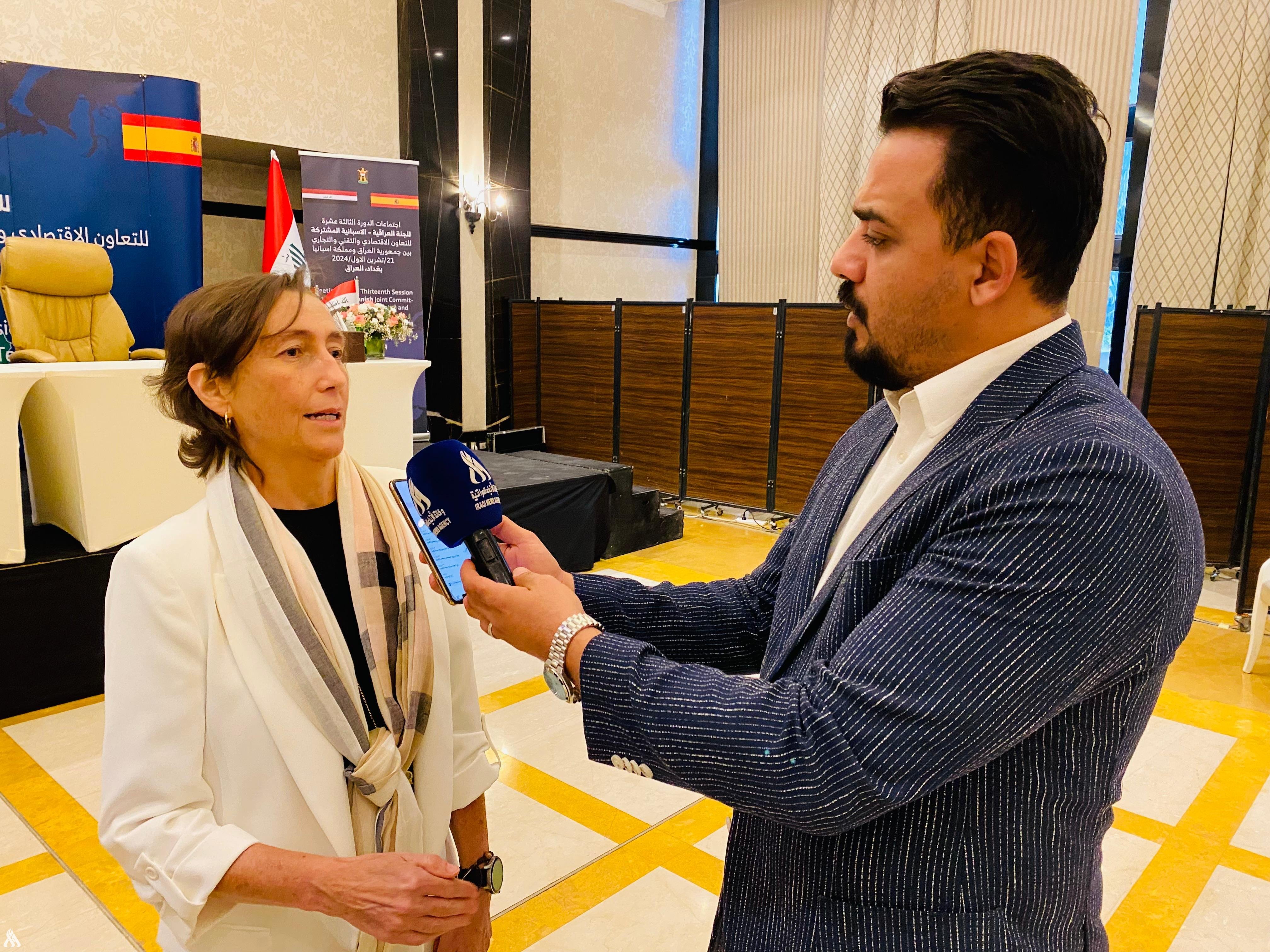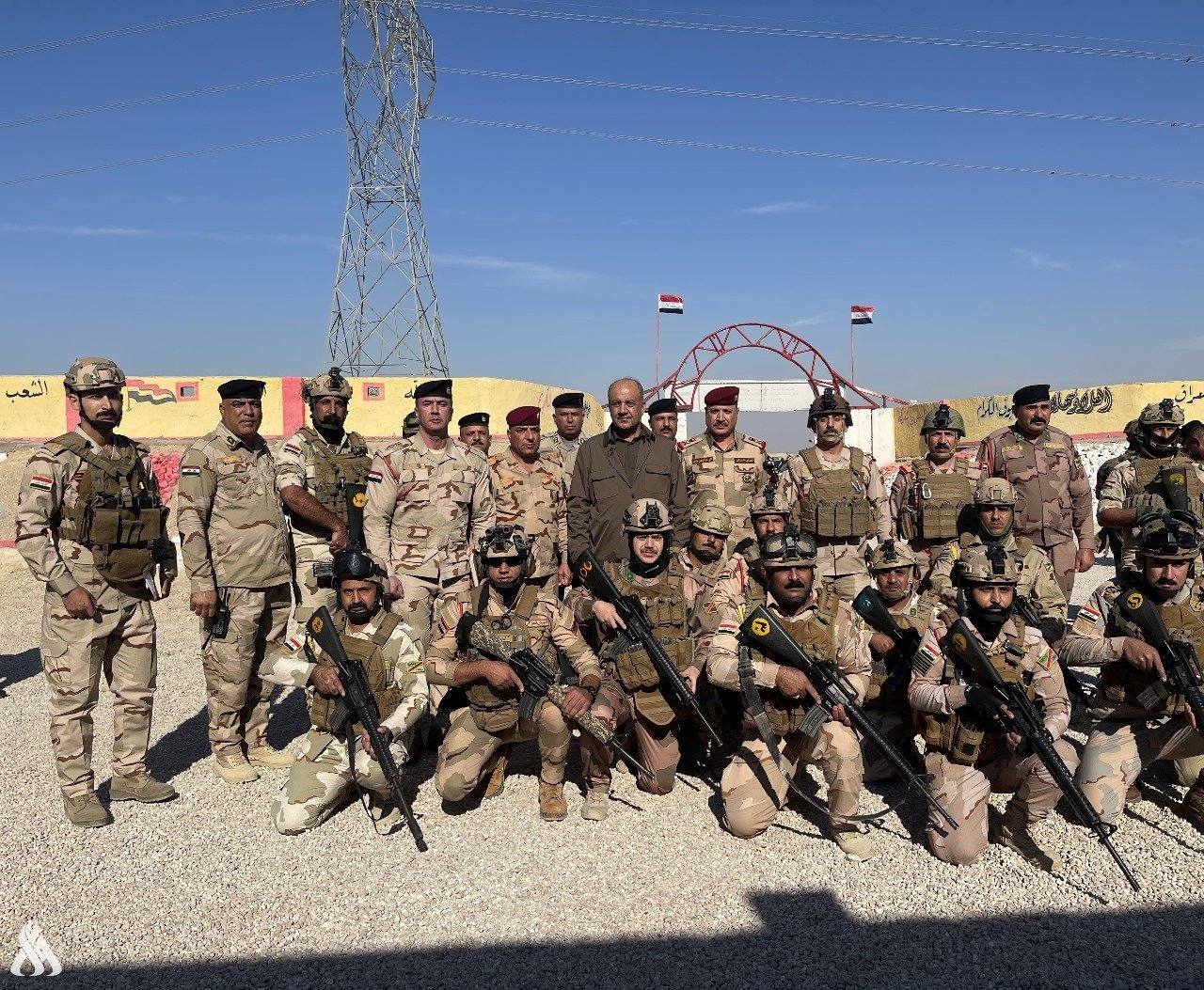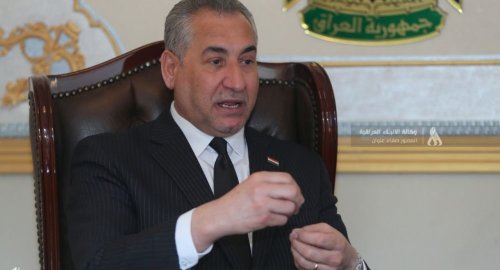
Iraq Environment: 4 governorates still polluted with mines

Investigations and reports
- 15-01-2022, 19:11
Baghdad-INA
The Minister of Environment Jassem Al-Falahi pointed out today, Saturday the most prominent problems facing the National Mine Action Program in Iraq, while confirming the existence of large areas in four governorates that still contaminated with explosives and mines.
Al-Falahi told the Iraqi News Agency (INA), that "the issue of contamination with mines, explosive devices, booby traps and remnants of war is one of the serious problems facing the National Mine Action Program in Iraq," noting that "the program is peaceful, linked to the Ministry of Environment with the help of national partners in the Ministry of Defense - Engineering." Military, Civil Defense in the Ministry of Interior, and Explosives Directorate engineering in coordination with other agencies and local governments.
Al-Falahi explained, "The Department of Mine Affairs in the Ministry of Environment supervises the development of instructions and controls in accordance with the governing international conventions," referring to the "human aspect of helping victims psychologically and physically and integrating them into society.".
In what oncerning the main causes of the proliferation of bombs and mines, Al-Falahi said: “The terrorist organization ISIS, which set a primary goal by targeting people and their environment, was explosive devices and deceptive traps one of the most important weapons that it uses to inflict the largest possible number of victims,” adding that “large areas of the governorate Nineveh is contaminated with mines and explosive devices, as well as the remnants of war that have claimed the lives of many innocent citizens.
The Minister pointed out that "one of the most important conditions for the stabilization and reconstruction strategy is for the land to be clean and free of all remnants and dangerous explosives," stressing that "the ministry is making serious efforts, in cooperation with international organizations with international funding, and through the United Nations Mine Action Service (UNMAS)," to make sure that these lands have been cleaned up.".
Al-Falahi continued, "The ministry is making great efforts, especially in the civilian areas within the city, and started with universities, institutes, schools, hospitals, clinics, roads, bridges, and power stations, and was able to achieve long strides." While indicated, "There are vast areas still contaminated with explosive devices and mines in Nineveh Governorate, in addition to the rest of the governorates, especially along the Iraqi-Iranian border, and this requires more efforts and more support and the provision of material capabilities," noting that "the Prime Minister is the supreme supervisor of The National Mine Action Program, and the Ministry enjoys great support and attention from it to get rid of mines at the end of 2028," expressing his hope "to be able to perform the task within the national strategy and succeed in achieving it.".
In addition to that the Minister of Environment added, "Nineveh Governorate has a special interest in this program, and there are many international organizations that work within a humanitarian framework to clean these places and under the supervision of the Ministry.
Al-Falahi stressed, "The issue of mines and explosive devices is a fundamental and important issue, as it is one of the most important weapons used by ISIS terrorist gangs to inflict the largest possible number of civilian victims, as it is a barbaric organization working on a policy of treachery and influencing civilians and infrastructure," noting that "Al-Anbar Governorate is also in it. Vast contaminated areas in addition to Salah al-Din Governorate and a section of Diyala Governorate.
Furthermore, the minster cautioned, "The ministry has survey maps for every meter in Iraq and detailed information in the data bank of the Ministry of Environment, and this survey is very accurate, in addition to the southern regions and along the Iraqi-Iranian border, as the ministry has great accuracy in all polluted areas, in addition to the presence of data in a database data,” stressing that “the ministry, in cooperation with international organizations and through international funding, in addition to the efforts of the Iraqi government, seeks to provide the necessary funds to get rid of this scourge.”
The Cabinet holds the 47th session, decisions included
- politics
- 07:07
CBI Urges Turkey to Open Accounts for Iraqi Banks
- Economy
- 24/11/14
Salah nominated for Best Men’s Player of the Year award
- Sport
- 24/11/15
Defense Minister arrives at Iraqi-Syrian border
- Security
- 24/11/14

